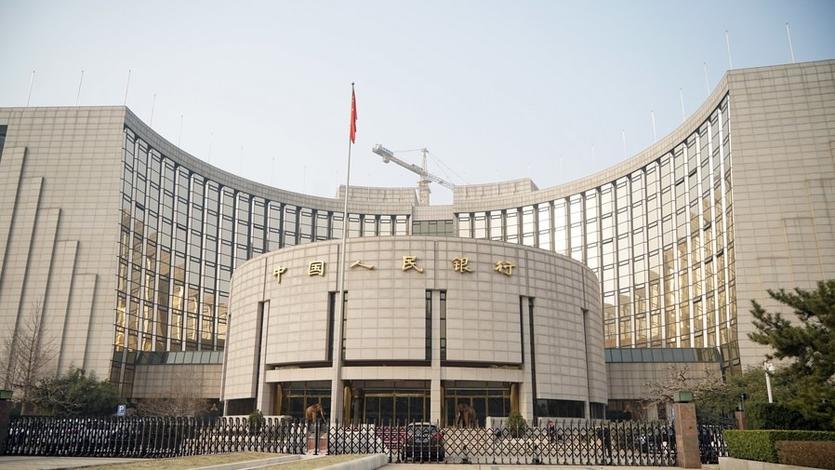 This undated photo shows the headquarters of the People's Bank of China in Beijing. (PHOTO / XINHUA)
This undated photo shows the headquarters of the People's Bank of China in Beijing. (PHOTO / XINHUA)
China may need to comprehensively reduce interest rates in the near future, ranging from lending rates for homebuyers and private companies to deposit interest rates, as boosting domestic demand has become a top policy priority, experts said on Monday.
Other key steps to address the prominent challenge of insufficient domestic demand would include the relaxation of administrative restrictions in the housing market and ramped-up fiscal support for infrastructure construction, they said.
READ MORE: Call for policy support to spur demand
As easing mortgage burden boosts consumer spending, and buoyed infrastructure investment offsets subdued real estate development, the country's domestic demand is set to recover further, especially in the fourth quarter of the year, keeping the annual economic growth target well achievable, they added.
Wang Tao, chief China economist at UBS Investment Bank, said local governments are expected to further facilitate the demand recovery by speeding up the issuance of special bonds and underpinning infrastructure investment
"Lowering interest rates at an early date would help ease the debt burden of enterprises and households, boost their financing demand and, more important, deliver a crystal-clear policy signal of stabilizing economic growth," said Jacqueline Rong, chief China economist at BNP Paribas.
She said that the People's Bank of China, the country's central bank, is likely to promote a modest reduction in both the policy and market-based benchmark rates — the medium-term lending facility rate and loan prime rates — by the end of the year while encouraging commercial banks to reduce the interest rates on outstanding mortgages.
READ MORE: Slew of measures unveiled to help boost consumption
Repricing outstanding mortgages could effectively boost consumer spending, Rong said. BNP Paribas estimated that Chinese households would save roughly 165 billion yuan ($22.9 billion) in annual mortgage payments, equivalent to 0.6 percent of their total income, if all outstanding mortgages are repriced to the rates offered by newly added mortgages.
Rong's comment follows the central bank sending successive policy signals aimed at easing the financial burden of market entities. A PBOC work conference stressed last week the need to promote a decline in corporate and household financing costs and encourage banks to adjust interest rates on existing mortgages in an orderly manner.
Zou Lan, head of the central bank's monetary policy department, said on Friday that the bank will also utilize market-based adjustment mechanism for deposit rates to help banks reasonably contain their liability costs, which experts said pointed to the possibility of further deposit rate cuts.
ALSO READ: Room for mortgage rate cuts seen
As commercial banks reduce their lending rates, their profit margin will be further squeezed, making it essential to cut the deposit interest rates, said Lou Feipeng, a researcher at Postal Savings Bank of China.
Wu Chaoming, deputy director of the Chasing International Economic Institute, said moderate easing of the monetary policy would help reduce enterprises' cost burden, but more efforts are still needed to fully address insufficient demand.
Wu said there is room for a wide range of cities, including first-tier ones, to further relax housing market restrictions to bolster homebuying demand.
Authorities at different levels have rolled out a raft of measures to stabilize the housing market, encourage consumption and bolster the development of private enterprises after a high-level meeting in July called for efforts to actively expand domestic demand.
ALSO READ: China's lowered lending rates to bolster economic recovery
The positive policy signals have helped boost market expectations and lead to nascent signs of improving domestic demand, experts said. The official purchasing managers index for the manufacturing sector rose from 49 in June to 49.3 in July.
Wang Tao, chief China economist at UBS Investment Bank, said local governments are expected to further facilitate the demand recovery by speeding up the issuance of special bonds and underpinning infrastructure investment. Some of the 2024 quota of local government special bonds may be brought forward in the fourth quarter, Wang said.


